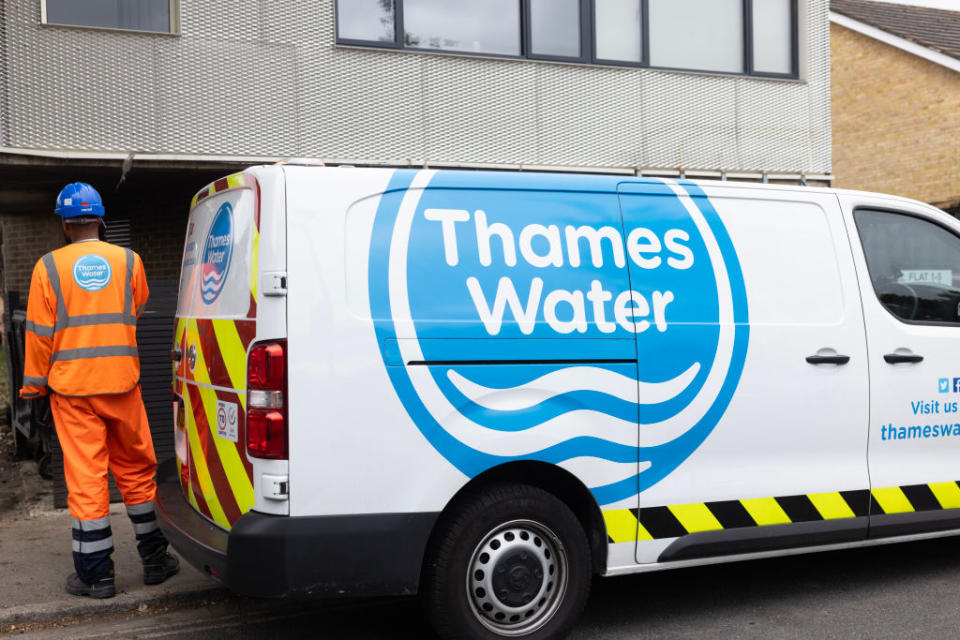Thames Water: Future uncertain as shareholders pull £500m injection

Shareholders in Thames Water will not give the embattled water firm millions of pounds of critical funding – raising serious doubts about the firm’s viability.
In a statement on the London Stock Exchange, Thames Water said the first £500m of an anticipated £750m equity injection from stakeholders would not be provided at the end of the month.
The UK’s biggest water company had been engaged in months of intense backroom talks to tackle its collosal £18bn debt pile and stave off nationalisation. Its nine shareholders, the largest of which is the Canadian pension fund Omers, had indicated they were prepared to commit a total £3.25bn over the coming years.
But Thames said based on feedback from Ofwat, the regulatory arrangements necessary would make its business plan “uninvestible.”
“As a result, the conditions of the support letter from July 2023 have not been satisfied and the first £500m of the new equity that had been anticipated will not be provided by Thames Water’s shareholders by 31 March 2024.”
The company said discussions with Ofwat and other stakeholders were ongoing and it planned to “pursue all options to secure the required equity investment from new or existing shareholders.” It added it had some £2.4bn in funds and available committed facilities at the end of February.
Chief Chris Weston sought to reassure customers it was “business as usual,” following the announcement. “Our 8,000 staff remain committed to working with our partners in the supply chain to provide our services for the benefit of our customers, communities and the environment,” he said.
An Ofwat spokesperson said: “Safeguards are in place to ensure that services to customers are protected regardless of issues faced by shareholders of Thames Water.
“Today’s update from Thames Water means the company must now pursue all options to seek further equity for the business to turn around the performance of the company for customers.
The regulator added: “We need to ensure that the sector attracts investment and is fair to bill payers. Since 2020 nearly £4.6bm new equity has been injected into the sector. We will set out our draft determinations in June this year.
“We also need to see companies deliver the performance that customers expect and that they are run in a way that meets customers’ expectations.”
A statement from the company’s nine shareholders blamed Ofwat for the decision to pull the plug on the emergency funding.
“This was a solution which addresses the root cause of Thames Water’s challenges without the need for any taxpayer funding. However, after more than a year of negotiations with the regulator, Ofwat has not been prepared to provide the necessary regulatory support for a business plan which ultimately addresses the issues that Thames Water faces,” they said.
“As a result, shareholders are not in a position to provide further funding to Thames Water.”
Thames Water supplies around a quarter of the UK’s population with water. It has faced constant pressure to improve its creaking infrastructure and reduce sewage leaks, while interest rate hikes have bumped up the cost of servicing its debt in recent years.

 Yahoo Finance
Yahoo Finance 